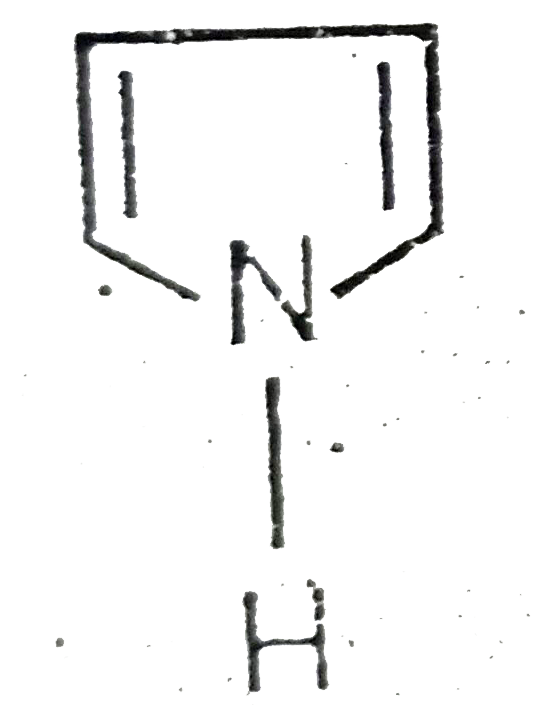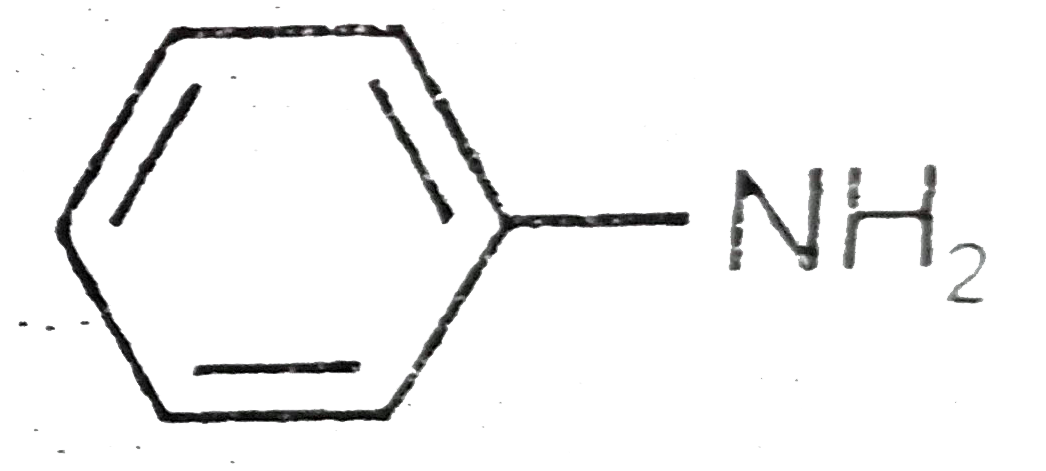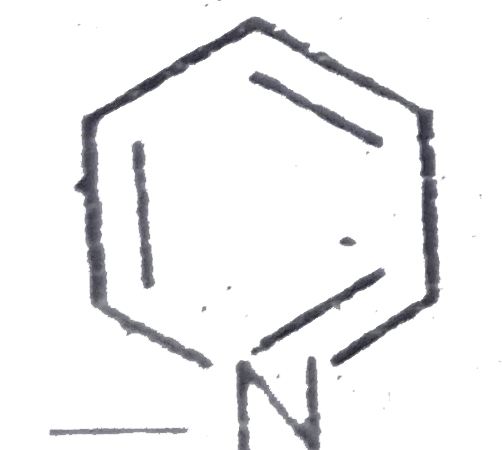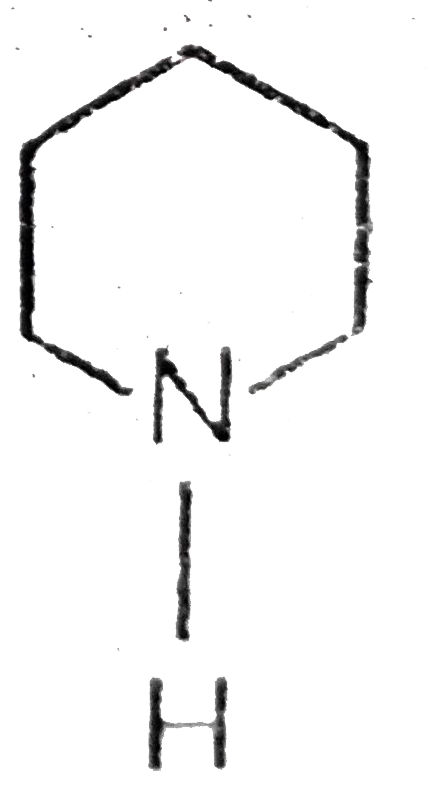Which one of the following is the strongest base
Be(OH)2
Mg(OH)2
Al(OH)3
Si(OH)4
The correct Answer is:B
To determine which of the given compounds is the strongest base, we need to analyze the properties of the hydroxides of the elements provided in the options.
1. Identify the Compounds: First, we need to identify the compounds given in the options. Let's assume the options are:
- A) Sodium hydroxide (NaOH)
- B) Magnesium hydroxide (Mg(OH)₂)
- C) Calcium hydroxide (Ca(OH)₂)
- D) Potassium hydroxide (KOH)
2. Understand Basicity: Basicity in hydroxides is generally related to the solubility of the hydroxide in water and the ability of the metal to donate hydroxide ions (OH⁻). The stronger the base, the more readily it dissociates in water to produce hydroxide ions.
3. Electropositivity: The strength of a base is often correlated with the electropositivity of the metal. More electropositive metals tend to form stronger bases because they can easily lose electrons and form cations, which then bond with hydroxide ions.
4. Comparison of Hydroxides:
- Sodium Hydroxide (NaOH): Highly soluble in water and a strong base.
- Potassium Hydroxide (KOH): Also highly soluble and a strong base, even stronger than NaOH.
- Calcium Hydroxide (Ca(OH)₂): Moderately soluble in water and a strong base, but less than NaOH and KOH.
- Magnesium Hydroxide (Mg(OH)₂): Poorly soluble in water, thus it is less basic compared to the others.
5. Conclusion: Among the options, both NaOH and KOH are strong bases, but KOH is generally considered to be the strongest base due to its higher solubility and the greater availability of hydroxide ions in solution. Therefore, the strongest base among the options is Potassium Hydroxide (KOH).
Final Answer:
The strongest base among the given options is Potassium Hydroxide (KOH).
- A) Sodium hydroxide (NaOH)
- B) Magnesium hydroxide (Mg(OH)₂)
- C) Calcium hydroxide (Ca(OH)₂)
- D) Potassium hydroxide (KOH)
- Sodium Hydroxide (NaOH): Highly soluble in water and a strong base.
- Potassium Hydroxide (KOH): Also highly soluble and a strong base, even stronger than NaOH.
- Calcium Hydroxide (Ca(OH)₂): Moderately soluble in water and a strong base, but less than NaOH and KOH.
- Magnesium Hydroxide (Mg(OH)₂): Poorly soluble in water, thus it is less basic compared to the others.
The strongest base among the given options is Potassium Hydroxide (KOH).
Topper's Solved these Questions
- BOOK - ERRORLESSCHAPTER - THE S-BLOCK ELEMENTSEXERCISE - PAST YEARS QUESTIONS42videos
THE S-BLOCK ELEMENTS
- BOOK - ERRORLESSCHAPTER - THE S-BLOCK ELEMENTSEXERCISE - Assertion & Reason10videos
THE S-BLOCK ELEMENTS
- BOOK - ERRORLESSCHAPTER - THE S-BLOCK ELEMENTSEXERCISE - Assertion & Reason10videos
THE S-BLOCK ELEMENTS
- BOOK - ERRORLESSCHAPTER - THE P-BLOCK ELEMENTS (BORON AND CARBON FAMILY)EXERCISE - Assertion & Reason10videos
THE P-BLOCK ELEMENTS (BORON AND CARBON FAMILY)
- BOOK - ERRORLESSCHAPTER - THERMODYNAMICS AND THERMOCHEMISTRYEXERCISE - (Assertion & Reason)18videos
THERMODYNAMICS AND THERMOCHEMISTRY
Similar Questions
Knowledge Check
- Question 1 - Select One
Which among the following is the strongest base?
ABe(OH)2BMg(OH)2CBa(OH)2DSr(OH)2 - Question 2 - Select One
Which of the following is the strongest base in water?
A B
B C
C D
D
- Question 3 - Select One
Which of the following is the strongest base is aqueous solution?
A(CH3)3NB(CH3)2−NOHCCH3CH2CH2NHOHD(CH3)2NCH2CH2OH
